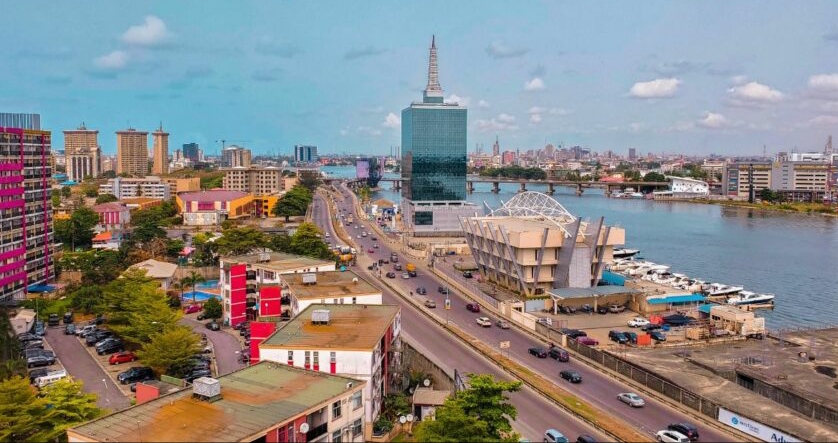
Nigeria
Report says Nigerian millionaires decreasing, impacted by economic challenges, uncertainties
The ranks of Nigerian millionaire are depleting owing essentially to the current spirallying inflation in the country.
This position is according to a report by Henley Private Wealth Migration in 2024, which recorded a review period of at leat a decade.
The report, based on data from New World Wealth, tracks high-net-worth individuals with liquid investable wealth of $1 million or more.
The decline is not only based on Nigeria’s millionaire population, but include a broader pattern observed in some African nations.
South Africa, for instance, a significant 20% reduction in its millionaire population us recorded during this period, which is attributed to economic instability and emigration.
Nigeria’s economic challenges, including currency devaluation and political uncertainty, have also impacted its wealthy class, the report stated.
While specific numbers for Nigeria were not provided in the report, the trend contrasts sharply with the growth seen in other emerging markets.
Vietnam, China, and India have seen substantial increases in their millionaire populations, with Vietnam leading the ranking with a 98% increase over the past decade.
In Nigeria, the decrease in the number of millionaires is seen as a reflection of the country’s ongoing economic and political challenges.
The nation’s cryptocurrency industry, valued at an estimated $400 million, has faced regulatory crackdowns, contributing to the uncertainty faced by wealthy individuals.
The Henley Private Wealth Migration Report also highlights the global shift in wealth distribution, with emerging markets increasingly contributing to the global millionaire population.
However, for Nigeria, the decline underscores the need for economic reforms and stability to attract and retain wealthy individuals.
As Nigeria continues to navigate its economic landscape, the decline in its millionaire population serves as a critical indicator of the challenges ahead.
The report suggests that addressing these issues will be essential for the country to foster a more stable and prosperous economic environment.
In a related development, a recent report on the informal economy has disclosed that only 1.3% of Nigerian informal businesses reach a monthly profit exceeding ₦2.5 million.
The Informal Economy Report 2024, compiled by Moniepoint, sheds light on the financial realities of this crucial sector, which contributes significantly to the country’s GDP.
Despite appearances of prosperity based on revenue figures, the report, launched on Friday in Abuja, reveals that the majority of the unregistered businesses, including street vendors, artisans, and service providers, struggle with lower profits.
